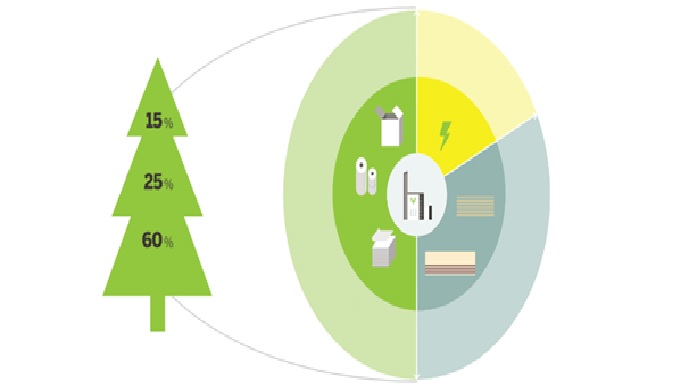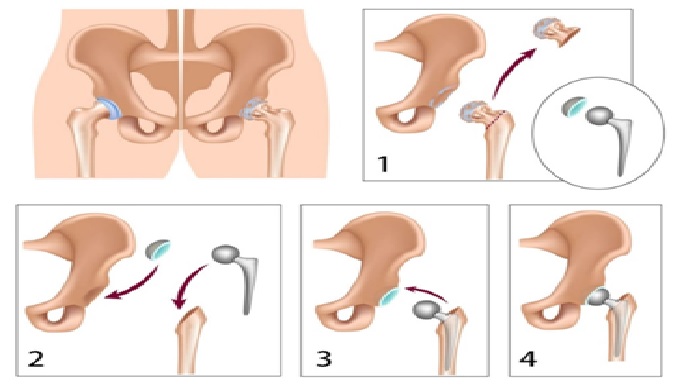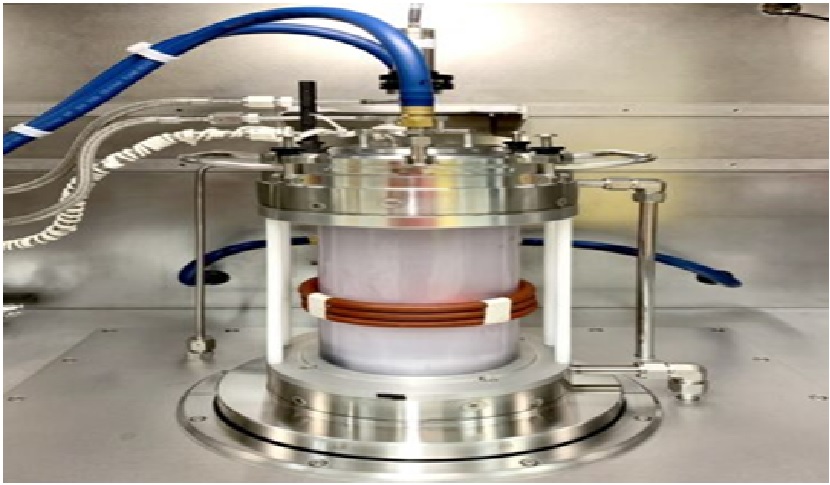The Review of Renewable Bio-Products Technology
In addition to electricity and fuels, biomass can be used to create valuable chemicals and materials, known as “bioproducts.”

Figure 1. The Bioproducts Market Analysis
Bio-based chemicals and materials can serve as renewable alternatives to many of the products derived from petroleum or natural gas, such as plastics, fertilizers, lubricants, and industrial chemicals. [1] They also often require less energy during production and produce fewer greenhouse gases than their petroleum-based equivalents. The market analysis is shown in Figure 1.
Manufacturing bioproducts from biomass involves a variety of industrial techniques. Many of these processes are similar to those used in the production of biofuels. Biomass is first broken down into relatively stable chemical building blocks, which are then converted into a wide range of marketable products using a combination of biological, thermal, and chemical processes.
Bioproducts are important because the biomass used in their manufacture provides either a complement or an alternative to petroleum and petrochemicals. Bioproducts provide an alternative to dependency on fossil fuels that lead to serious environmental problems, including the decimation of forests, a decrease in plant and animal biodiversity and wood fire smoke which causes air pollution. Therefore, biotechnological innovation in the production and content of commonly used items can offer a sustainable approach without compromising product performance.
Using food plants to create bioproducts does not mean that the food supply needs to be affected. Many bioproducts are made from agriculture, forestry, and biological waste. [2] For example, after sunflowers are harvested and the seeds removed, the remaining waste material has the potential to be used as a biofuel.
A bioproduct is not always biodegradable. It depends on the product’s purpose. A biobased paint for example will not biodegrade, for obvious reasons. If a bioproduct is biodegradable it will usually be labelled as such.
Environmental Benefits
- Reduced greenhouse gas emissions in the manufacture of some bioproducts, compared to petroleum-based equivalents
- Increased safety for the environment, reduced toxicity and more biodegradability
- Sustainable production of renewable feedstocks
Health Benefits
- Potential production of inexpensive medicinal drugs and vaccines
- Development of new drugs not available from traditional sources
References:
- https://www.energy.gov/eere/bioenergy/bioproduct-basics
- http://whartonenergygroup.com/newsletter/2020/11/15/bioproducts-synthesis-and-market-analysis
- http://www.investinbio.com/products.html
- http://omafra.gov.on.ca/english/crops/facts/10-013w.htm
Cite this article:
Vinotha D (2022), The Review of Renewable Bio-Products Technology, AnaTechMaz, pp.166















